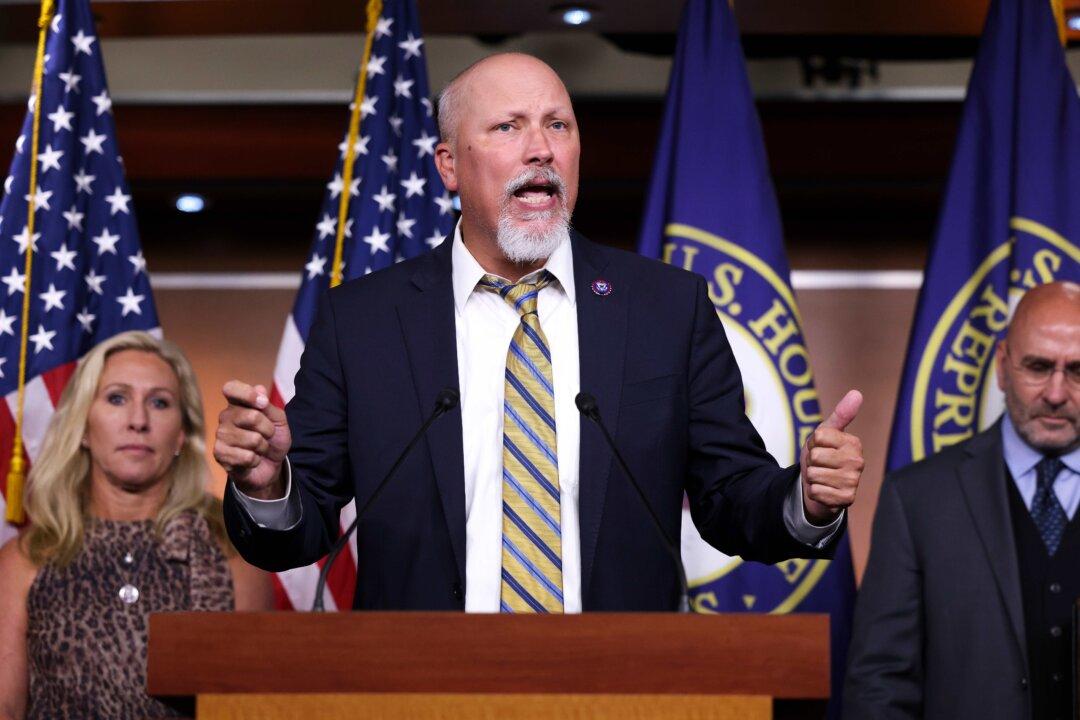Rep. Chip Roy (R-Texas) is criticizing legislative efforts to make women eligible in a military draft after several Senate Republicans voted in favor of a measure that would do just that.
In a June 16 letter that was exclusively obtained by The Epoch Times, Roy called for the removal of a Senate-approved provision in the National Defense Authorization Act (NDAA)—the annual military spending omnibus package—that would require women to register with the Selective Service System (SSS).





